

A proposed kratom ban in Louisiana had its committee hearing this week and gave a clear picture of the tactics being used to cloud the ‘kratom question’ across the country.
Earlier this year, Rep. Gabe Firment (R) proposed a bill banning kratom after similar measures died in previous legislative sessions. This edition of the bill gained enough traction to garner a committee hearing before eventually being favorably sent to the floor of the state House of Representatives.
While the fate of the bill remains up in the air, floor debate in the House is set for May 2, the back-and-forth that was displayed during the committee meeting shines a light on the current state of kratom policy.
In his opening statement, Firment said those in favor of kratom did so because it was a “lucrative business” that revolves around what he called “dangerous untested drugs.” Firment went on to state claims that are contrary to available research, including that kratom produces “a sense of euphoria.”
Firment also said it had the same effect as opioids. That statement was challenged by Rep. Alonzo Knox (D) using a comparison to coffee or tea, asking if all stimulants are similar to opioids under his assessment.
“I do not know medically the answer to that question,” Firment said, before continuing with claims disputed by science. “What I do know is that kratom affects the same receptors in the brain as opioids.”
Peer-reviewed articles in the database of the National Institute on Drug Abuse suggest that kratom does not affect the same pathways as opioids, including the pathways responsible for respiratory depression. In simplified terms: The research suggests that the chemical compound of kratom carries less of a risk of overdose than classical opioids.
Knox concluded with a statement that he “wasn’t hearing this” in his district, the New Orleans area, and questioned whether or not action at the state level was appropriate. During questioning, Knox said he had received over 100 emails in support of kratom, and reiterated his confusion over why Firment felt it was necessary to take action at the state level.
Firment’s incorrect assertions also included claims that the Drug Enforcement Agency was “reluctant” to add kratom to Schedule I. The DEA tried to schedule kratom in 2016 on a provisional basis, and again in 2018 for a permanent action. Both attempts were unsuccessful, including a letter from the Department of Health and Human Services in 2018 that reversed the course of the agency and recommended against scheduling kratom.
A local sheriff, Steven McCain from Grant Parrish, was part of Firment’s presentation and relied on a slide show full of claims and ‘information’ on kratom that had no sources, and in some instances directly contradicted available medical research from the NIDA. McCain also included a slide that showed 80,411 opioid overdose deaths in the United States in 2021 without any relevant connection to kratom.
Per the NIDA, a 2019 report concluded that only two deaths were attributed to “kratom exposure alone” between 2011 and 2017.
During questioning, McCain also showed confusion about the status of kratom at the federal level and claimed that the FDA has not banned the substance “because it is being marketed as a dietary supplement, and they don’t control that.”
“That doesn’t even sound right to me, I’m sorry,” replied Knox.
The FDA does control dietary supplements and has used a federal law on new dietary ingredients to issue import alerts against kratom. Currently, there is federal legislation pending to try and limit the FDA’s ability to issue import alerts without meeting certain conditions.
Rep. Debbie Villio (R) asked Firment about a bill that had been introduced by Rep. Jonathan Goudeau to regulate kratom, and whether or not there had been any discussions on trying to find a middle ground between the two approaches. Firment said he had brief discussions about the bill, but said he would not support such a measure because it would take away control from the parishes that had banned the substance.
Upon further questioning, Firment said it was “not an option” to work to regulate kratom markets.
That set the stage for Goudeau himself to question Firment. While Goudeau agreed that it was a substance that needed to be controlled and that it was dangerous being sold unregulated, his primary concern was with the effectiveness of a ban. Goudeau asked Firment directly if he thought this would stop consumers from acquiring kratom.
Firment referenced anecdotal numbers of patients at a poison control center before Goudeau asked if this will stop people from being able to purchase kratom online. As Firment paused to consider an answer, Goudeau continued.
“Because you do realize it’s going to go to a black market if you make it illegal, right?” said Goudeau.
Two veterans were among those to testify in opposition to the bill. Chad Rogers is a disabled combat veteran who operates a wellness store and said that his experience with kratom customers was drastically different than what was presented by others testifying. Rogers said this bill would make him a Schedule I drug dealer, and make his consumers illicit drug users.
“This bill creates criminals where there were none before, so I urge you in terms of criminal justice, to kill this bill today, and to regulate it via Rep. Goudeau’s kratom protection act.”
A veteran named Paul spoke to provide first-hand experience as a kratom user and said that he had used kratom and saw it as a positive impact on himself and other veterans. What he was concerned about, was the impending threat of punishing people like himself for making choices about what products they choose to consume.
“I don’t see (the value) in bringing down harsher punishments and criminalizing people,” he said. “As a veteran, and for other veterans I know that use it, to criminalize it now, I’d become a criminal… I’d be taken away from my family.”

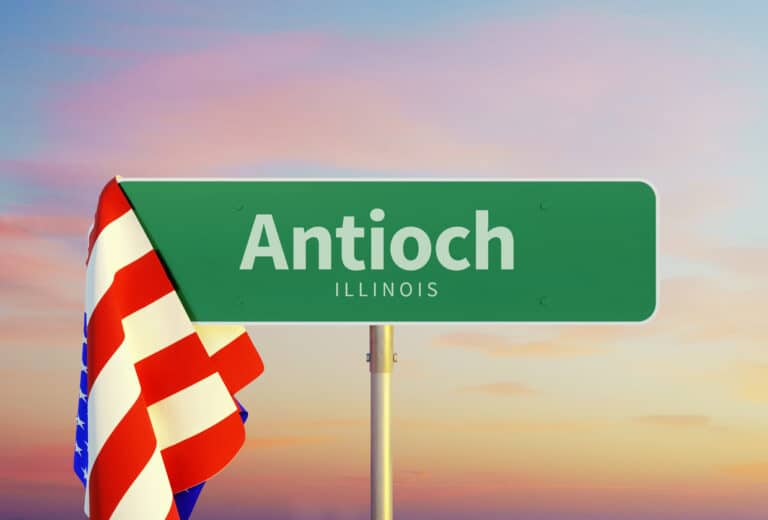
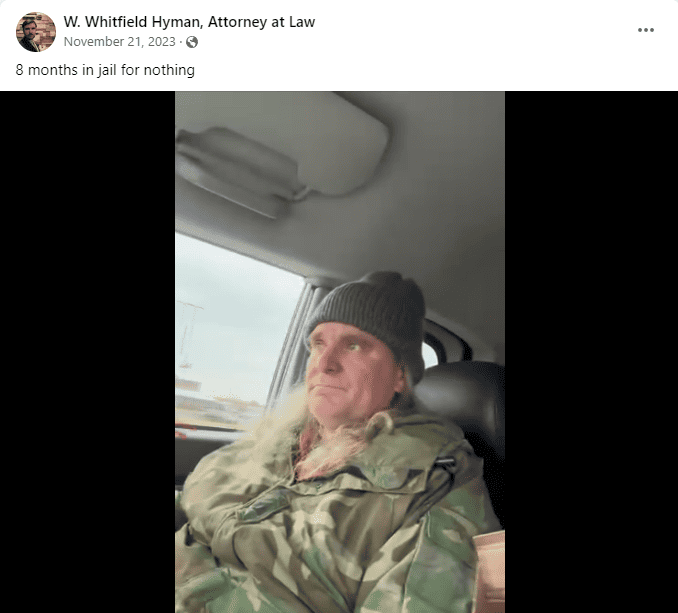



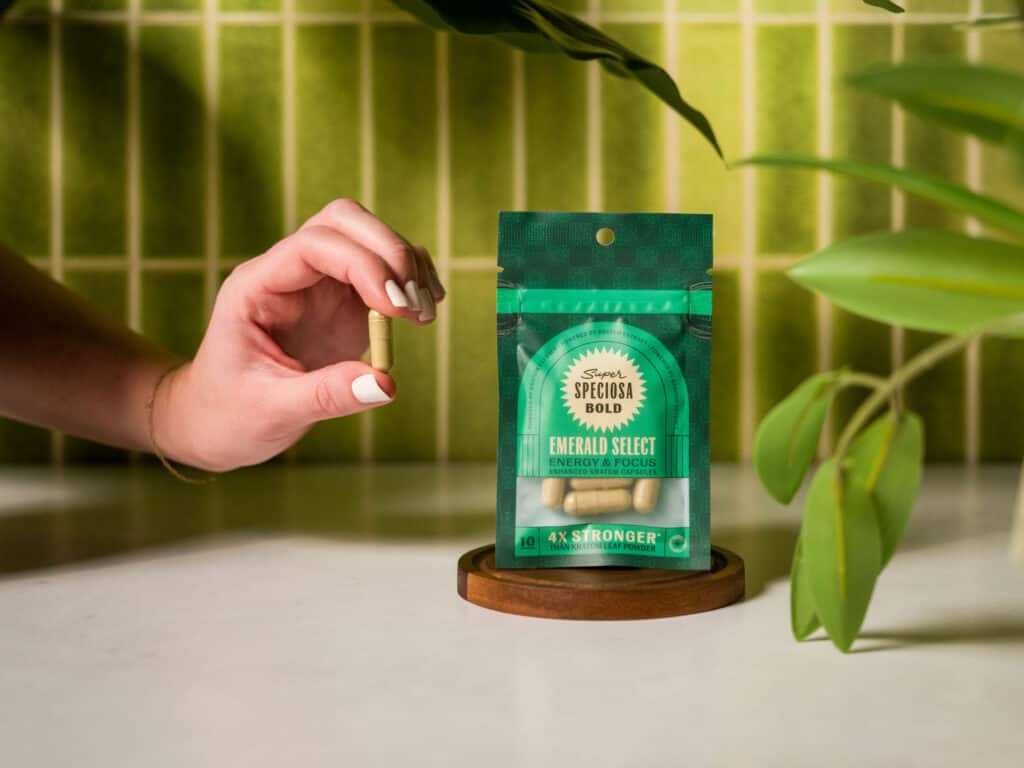
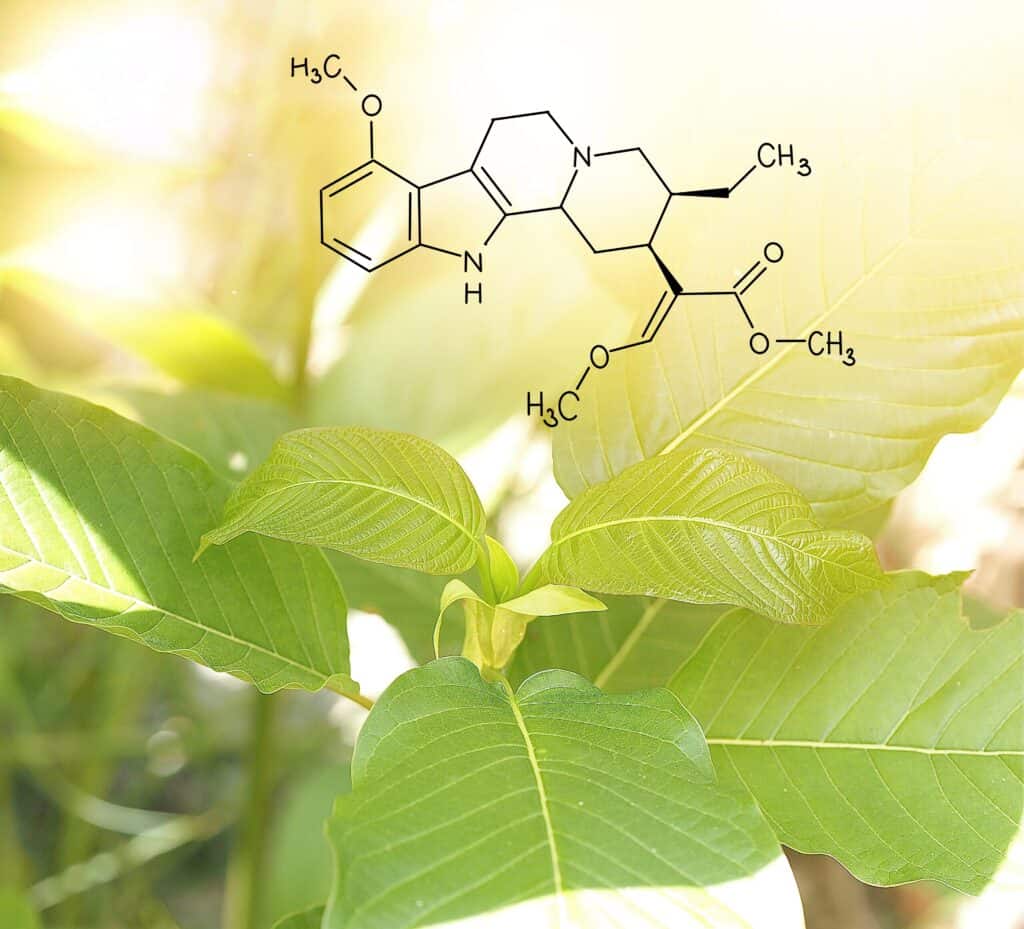
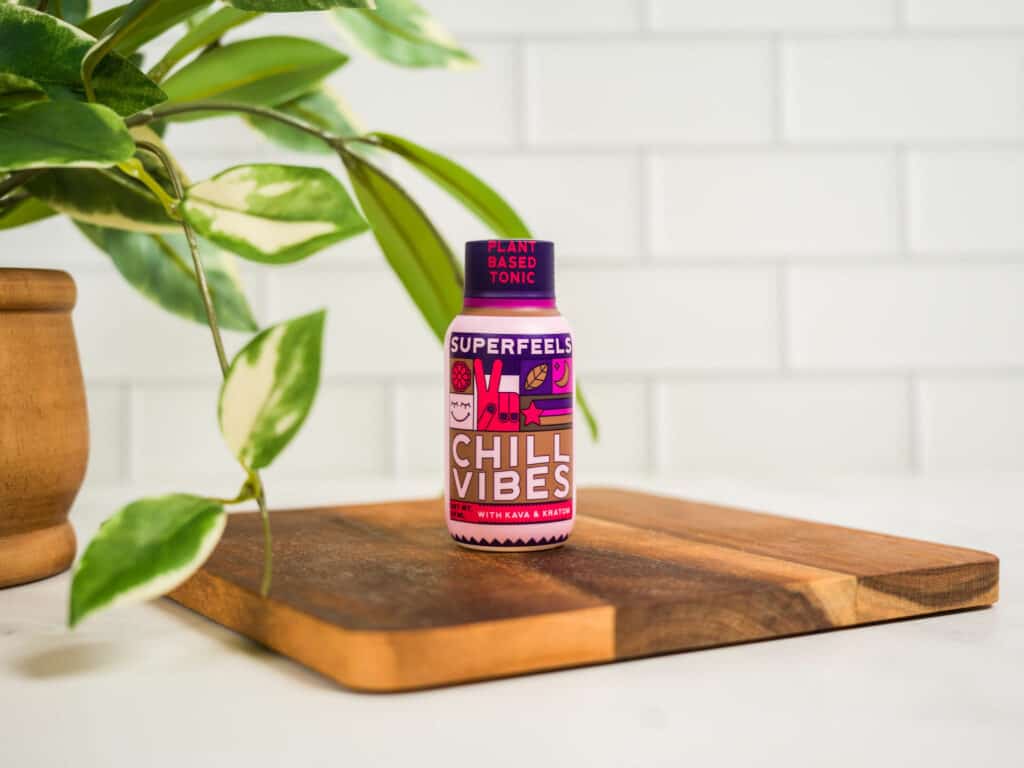
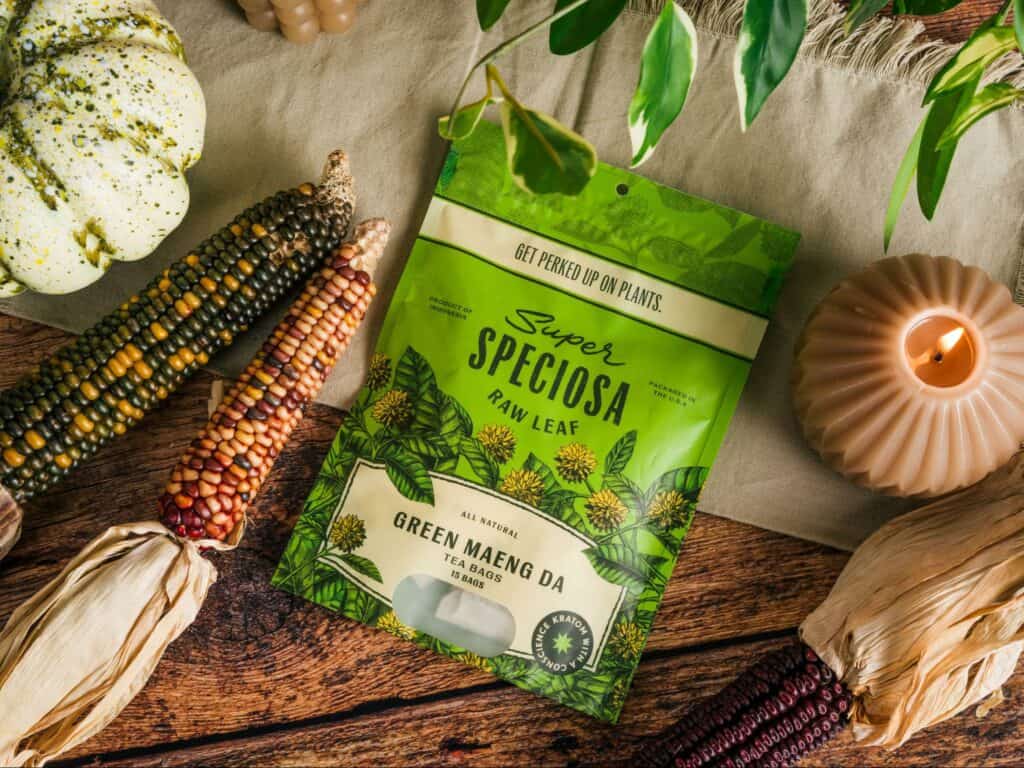
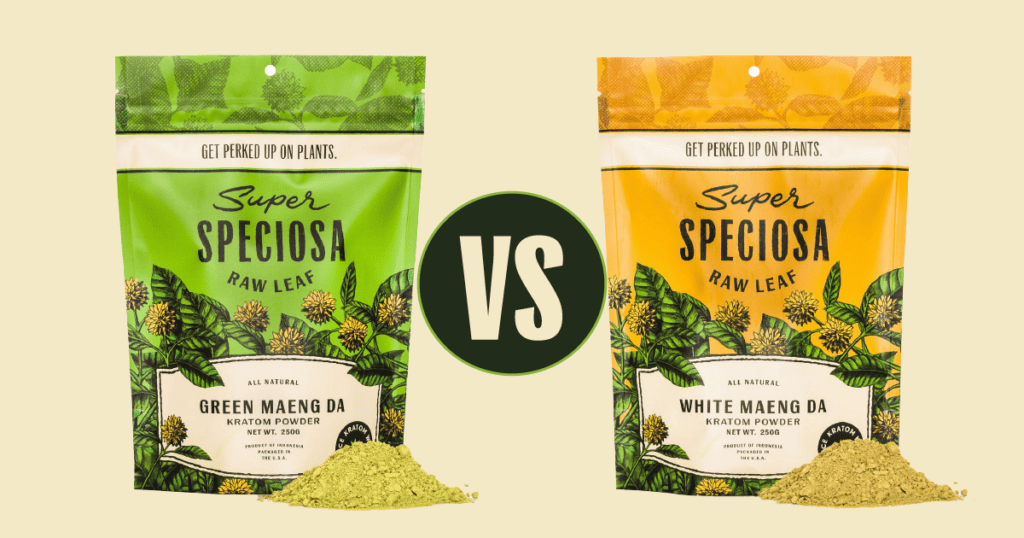
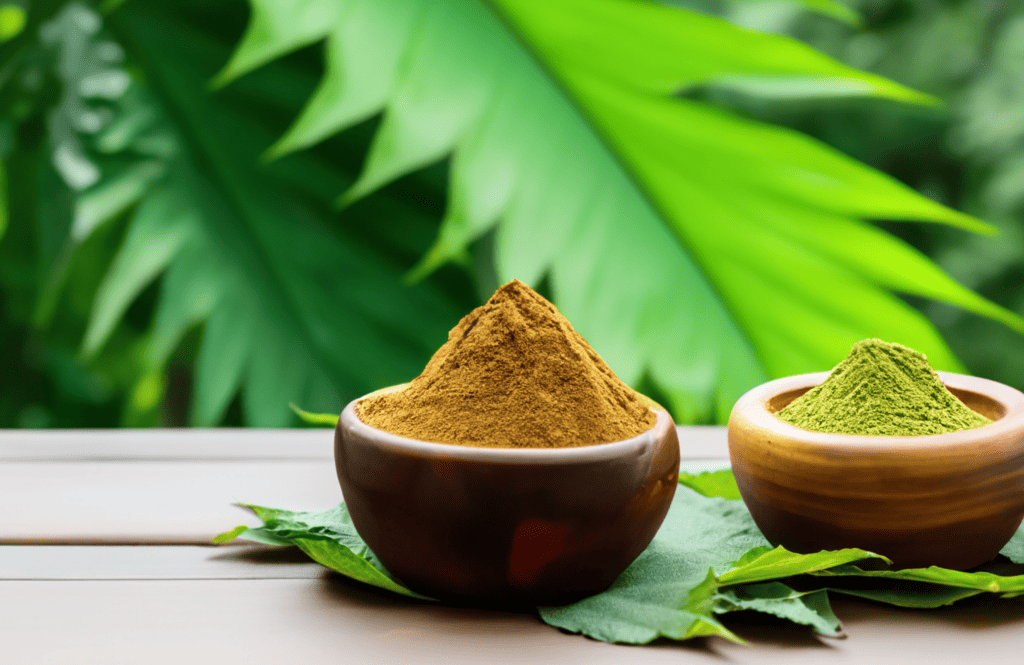
These statements and products presented on this website have not been evaluated by the Food and Drug Administration FDA. The products mentioned on this website are not intended to diagnose, prevent, treat or cure any diseases or health conditions. Therefore any information on this website is presented solely as the opinions of their respective authors who in which do not claim in any way shape or form to be medical professionals providing medical advice. SuperSpeciosa.com and its owners or employees cannot be held responsible for, and will not be liable for the inaccuracy or application of any information whatsoever herein provided. By purchasing our products you agree that you are aware and in compliance with your local county, state, or federal regulations. Must be 21 years or older to purchase Kratom. The US FDA has not approved kratom as a dietary supplement. We do not ship to the following states, cities and counties in the US where Kratom is banned: Alabama, Arkansas, Indiana, Rhode Island, Vermont, Wisconsin, Sarasota County, FL, Union County, MS, San Diego, CA, Jerseyville, IL, Oceanside, CA, and Ontario, OR. Furthermore, Kratom is also banned in the following countries where shipment cannot be executed: Australia, Burma, Denmark, Finland, Israel, Lithuania, Malaysia, Myanmar, Poland, Romania, South Korea, Sweden, Thailand, United Kingdom, Vietnam.
This product should be used only as directed on the label. It should not be used if you are pregnant or nursing. Consult with a physician before use if you have a serious medical condition or use prescription medications. A Doctor’s advice should be sought before using this and any supplemental dietary product. All trademarks and copyrights are property of their respective owners and are not affiliated with nor do they endorse this product. By using this site, you agree to follow the Privacy Policy and all Terms & Conditions printed on this site. Void where prohibited by law.
† These statements have not been evaluated by the FDA. This product is not intended to diagnose, treat, cure or prevent any disease.
Testimonials on this website are not intended as claims that our products can be used to diagnose, treat, cure, mitigate or prevent any disease. Read full disclaimer.
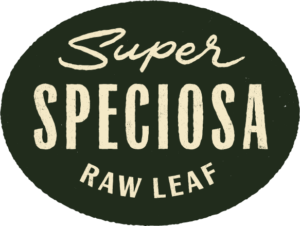
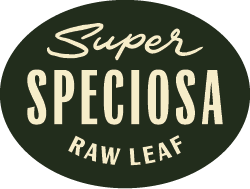
By submitting you agree to receive automated promotional messages. This agreement is not a condition of any purchase. See Terms and Privacy Policy. Frequency varies. Can opt out at any time.
There’s always something new happening. Enter your info below to get updates on huge deals, new products and special batch kratom releases.
By submitting you agree to receive automated promotional messages. This agreement is not a condition of any purchase. Message and data rates may apply. See Terms and Privacy Policy. Frequency varies. Can opt out at any time.